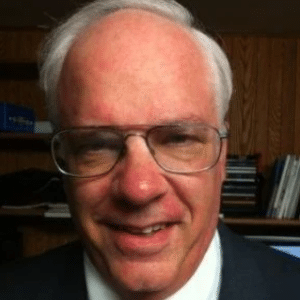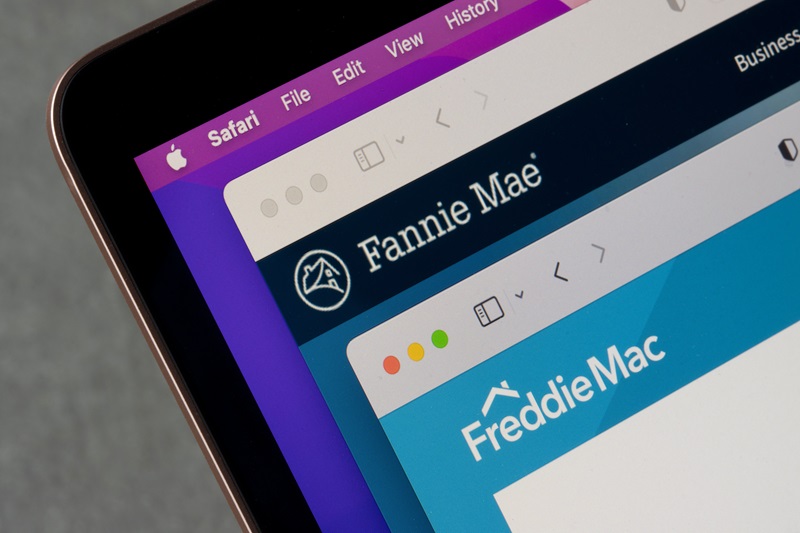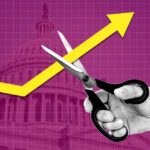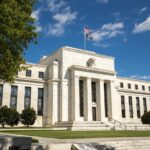The U.S. government is exploring initial public offerings (IPOs) for government-sponsored enterprises (GSEs) Fannie Mae and Freddie Mac, which have been under federal conservatorship since the 2008 financial crisis, according to The Wall Street Journal.
Top U.S. banks, including J.P. Morgan, Goldman Sachs, and Morgan Stanley, have reportedly been approached to advise on the potential IPOs, which could mark one of the largest offerings in U.S. history.
Tied to Trump’s Housing Push
The report comes just days after President Trump urged Fannie Mae and Freddie Mac to help jumpstart new home construction, calling on them to “get Big Homebuilders going.”
“Now, they can get Financing and they have to start building homes,” Trump posted. “They’re sitting on 2 million empty lots, A RECORD,” he said. “I’m asking Fannie Mae and Freddie Mac to get Big Homebuilders going and, by so doing, help restore the American Dream!”
Experts say privatizing the GSEs would fundamentally reshape the nation’s housing finance system, affecting everything from liquidity to risk management.
One of the Largest IPOs in U.S. History
“The proposed IPO and privatization of Fannie Mae and Freddie Mac could fundamentally reshape how liquidity, risk, and trust operate across the housing finance ecosystem,” said Sandeep Shivam, Associate Director at Tavant. “While the shift promises greater agility and efficiency, safeguarding affordability and access remains critical. This evolution also opens opportunities to embed AI-driven risk intelligence, dynamic pricing, and automated compliance frameworks, ushering in a new era of transparency and intelligent mortgage infrastructure.”
GSE reform has the potential to affect homebuyers by raising or lowering the mortgage rates that lenders charge. The Stanford Institute for Economic Policy Research (SIEPR) cites the following potential mortgage impacts:
- Mortgage rates could be impacted by rising guarantee fees, or g-fees. The GSEs collect these fees from mortgage lenders to cover future borrower defaults. G-fees are set by Fannie and Freddie, which, in conservatorship, receive direct guidance from FHFA on the topic. In contexts where private capital would play a larger role—either outside or inside conservatorship—it is likely that g-fees would need to be set at an amount that reflects economic fundamentals to meet a targeted return on equity in light of capital requirements.
- A second channel through which policy changes could affect mortgage rates would be by altering MBS spreads (the risk premia that MBS investors require above risk-free Treasury rates). For example, if a change to the status of the guarantee or to MBS investors’ perceptions of default risk leads to wider spreads, this would in turn increase mortgage rates.
If completed, the combined IPOs of Fannie Mae and Freddie Mac could raise more than $30 billion, making it one of the largest offerings in U.S. history, according to unnamed sources. The funds would be used to recapitalize the enterprises and ensure they meet the Federal Housing Finance Agency’s (FHFA) capital requirements.






